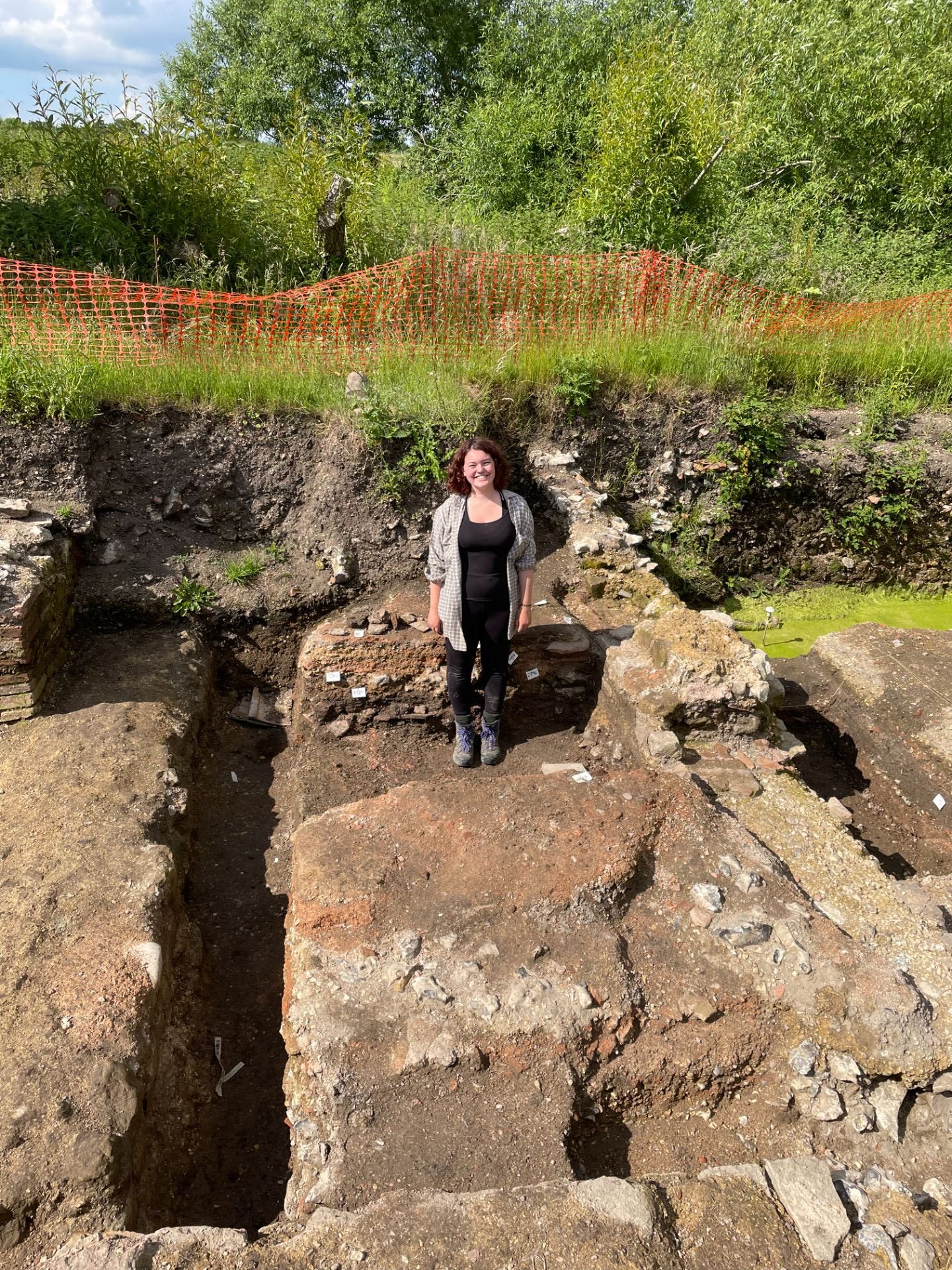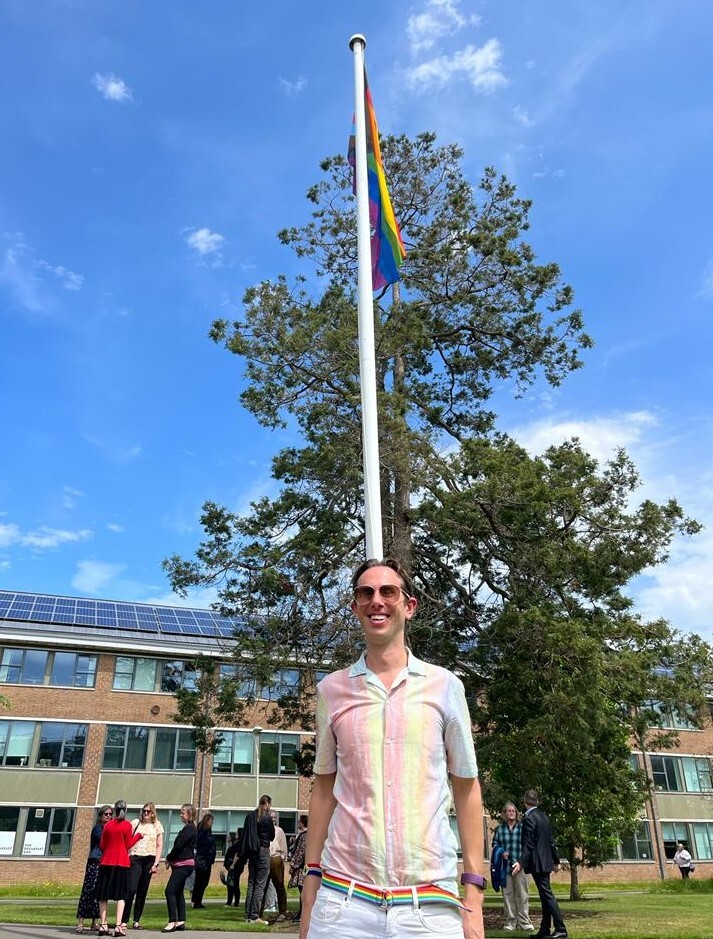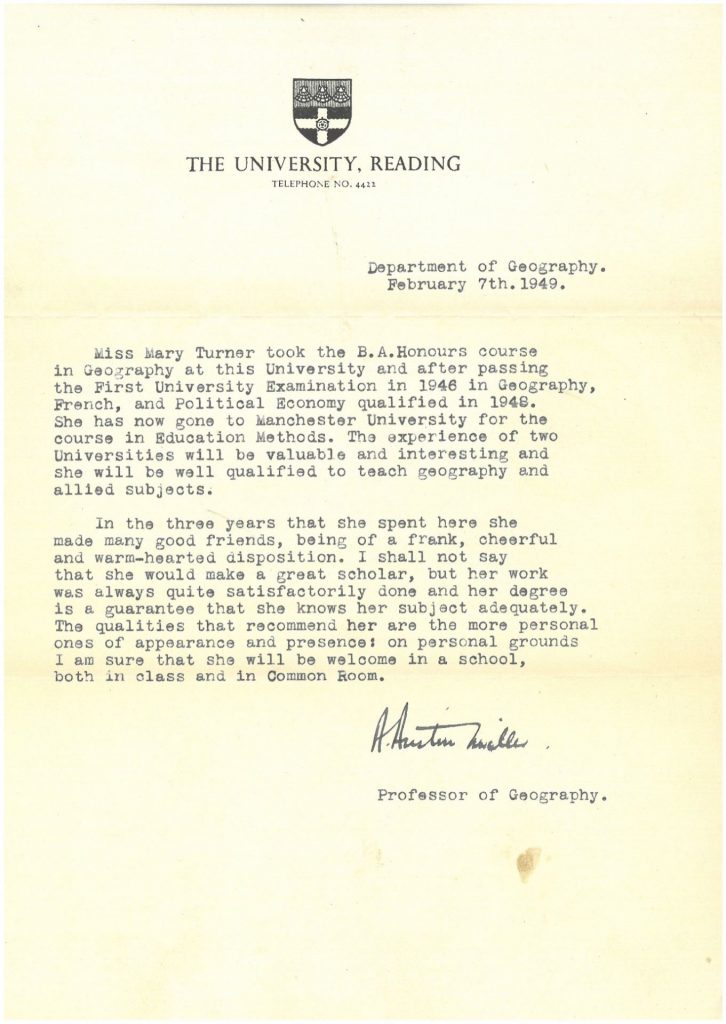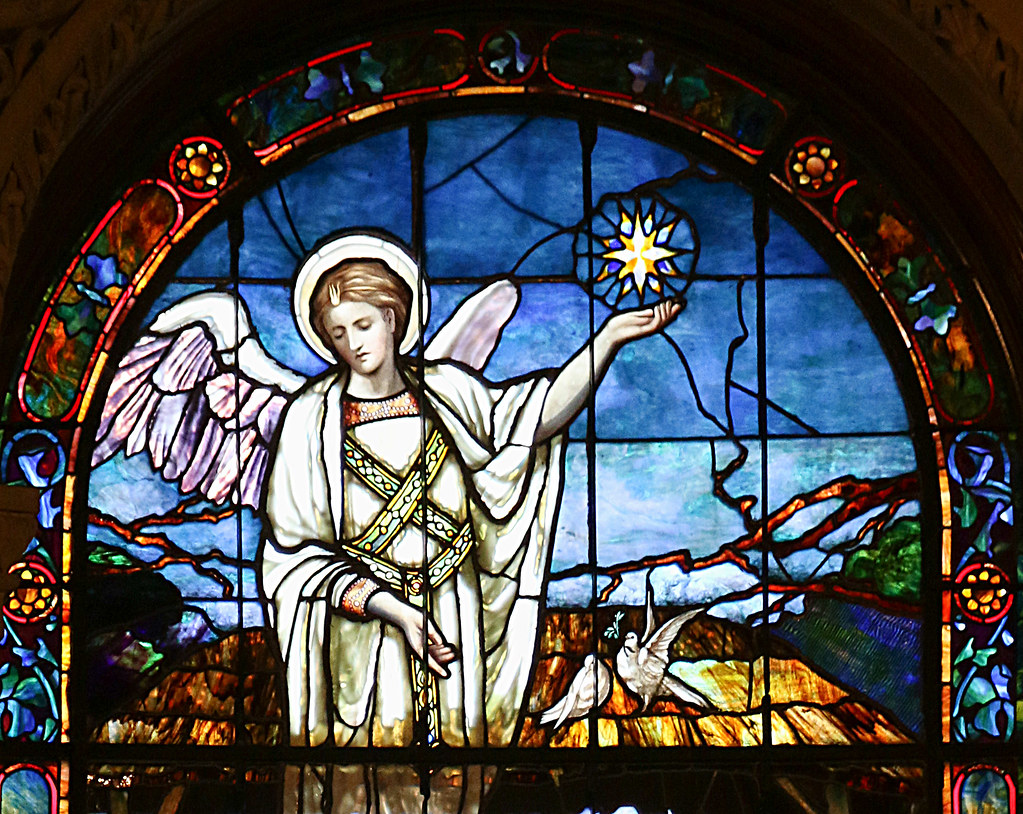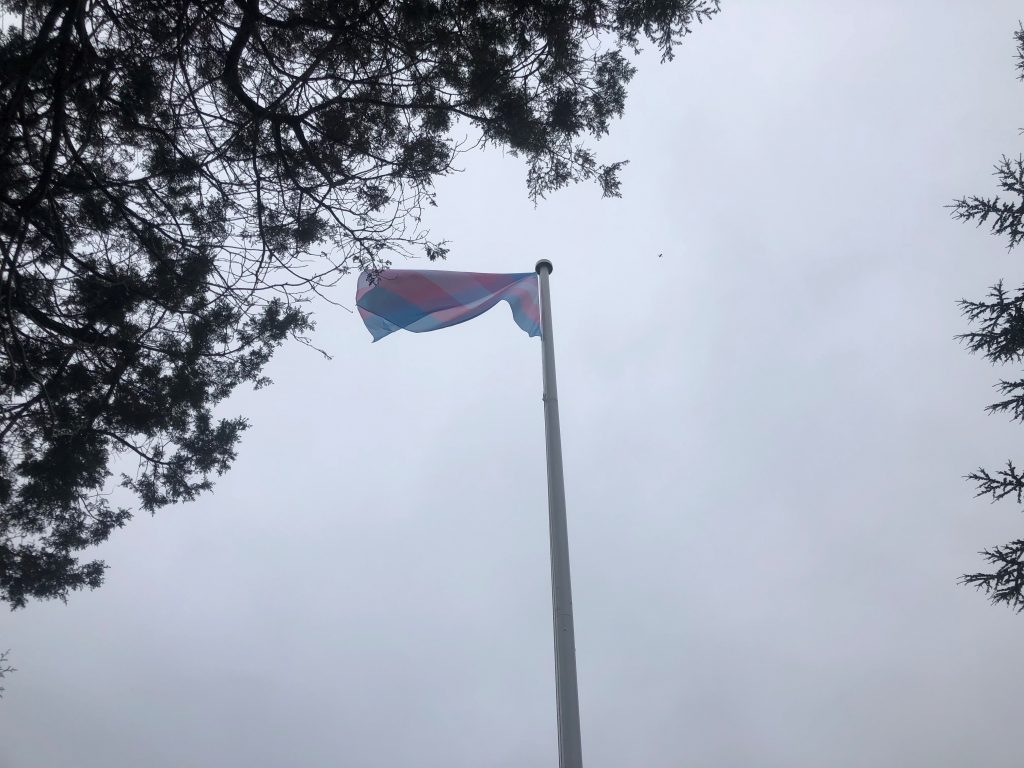Inspiring LGBT+ allyship amongst staff is one of the key aims of the LGBT Plus Staff Network; it is also amongst the Network’s most popular initiatives. An ally is a person who doesn’t identify as LGBT+ but believes that lesbian, gay, bisexual and trans people – and others who don’t fit the majority experience of gender and sexuality – should have complete equality and equity of opportunity. (We want to point out that an ally can also be someone who is already in the LGBT+ community but wants to be an ally to people from other/all parts of the LGBT+ spectrum—allies are a broad collective!) Allyship can help to create a safe and supportive environment where LGBT+ staff and students feel valued and included.
The training
With all of this in mind, LGBT+ History Month was the perfect opportunity to expand the reach and ally membership of the LGBT Plus Staff Network (these members of the networks are known “LGBT Plus Allies” and are invited to partake in the Network’s regular activities). So, in the last week of February, we ran two online workshops aimed at introducing allyship and talking through some ways staff can become effective allies for LGBT+ colleagues at the University of Reading. The workshops were one-hour in length, were discussion-based and explored the following topics:
- What is an LGBT+ ally
- The case for LGBT+ allyship at Reading and in the United Kingdom
- Strategies for how you can be an effective ally
- How to get involved in events, activities and projects to promote diversity and inclusion at Reading
The sessions were advertised to staff who are new to LGBT+ allyship or are interested in beginning their allyship journey. We had around 20 attendees over the two workshops.
During the workshops, participants contribute to three activities. The first two are aimed at stimulating thoughts around what an ally is and what that means to people and the second asks what allies should actively do. Below you can see some of the words that were produced in the word clouds in response to the activities:

Image 1: The result of a Mentimeter poll in response to the question, “What is an ally?” asked during the Introduction to LGBT+ Allyship workshop.
The larger the words appear on a word cloud correspond to how many times they were submitted. So, a larger word would have been submitted multiple times by different respondents. The most popular responses to the question “What is an ally?” in one of the sessions were: understanding, supportive, and advocate. Friendship was also a popular response, as was the sentiment of being non-judgemental.
The second question asked, “What does an ally do?” and people were encouraged to think of which activities allies might do to support LGBT+ people:

Image 2: The result of a Mentimeter poll in response to the question, “What does an ally do?” asked during the Introduction to LGBT+ Allyship workshop.
The most common things that people felt allies do were to: question, educate, and support. There was also an active element to allyship evident in respondents’ answers around being active in creating a safe environment for LGBT+ people and calling out negative behaviour.
The session then went on to explore key issues faced by LGBT+ people in the workplace and how this could impact their mental health to stress the imperative of why we talk about LGBT+ allyship at work. Then, participants are introduced to a method of challenging inappropriate behaviour or language towards LGBT+ people and provided with resources to take their allyship forward.
Reflections from Participants
“I thought the training was very good – for me, I’ve always considered myself an LGBT ally, but I had never joined the LGBT Teams site. I want to support my colleagues but was worried if I joined the site I would somehow be invading a ‘safe space’ for them that hadn’t been set up with me in mind. However, following the training I have joined the LGBT Teams site so that I can find out more about events/issues etc and am glad that you [Ceara] and Michael made it clear that the site was open to allies as well as LGBT staff.”
- Tasha Easton, Governance Office
“Thank you to Ceara and Michael for an engaging and informative session! The training provided lots of practical advice on how to be an LGBT+ ally, both at work and outside of it. I recommend this session to all staff at the University, as everybody can benefit from learning about the ways they can contribute towards creating a safe and inclusive space for everyone.”
- Phoebe Homer, Student Communications
Reflections from the Diversity and Inclusion Advisor
Being new to the University of Reading, delivering these sessions for me was a really good way to see how confident people who self-select into these trainings feel about their ability to be effective allies. The threats that LGBTQIA+ people face in the workplace are real and for me makes it fundamental to pursue active allyship where I can which, in my case, means being able to co-deliver these workshop sessions with the Lead Ally, Michael Kilmister.
I am so grateful to those who came and participated in these allyship workshops through your reflections and contributions. As with most workshops of this kind, it is usually people who are already interested in the challenges LGBTQIA+ people face that attend. My focus for future workshops will be encouraging those who are less familiar with the struggles of LGBTQIA+ people and the impacts of these struggles at work to come along to the sessions. Hopefully, this can be one way of embedding the knowledge of LGBTQIA+ people’s challenges and the approaches of effective allyship for inclusion and justice more comprehensively across the University.
Reflections from the Lead Ally
This is not the first allyship session I have had the pleasure of facilitating, but these latest sessions incorporated a few key changes that moved the focus from information to discussion and action. The word cloud activities provided a low risk barrier for people to get involved in the session and begin to orientate themselves with key allyship concepts and activities. It was also reassuring for participants, reaffirming they were already carrying out allyship in their contexts; they just did not necessarily know it! The final activity we asked participants to engage in – setting a goal for the next 12 months – hopefully gave participants a sense of purpose. We suggested this could be highlighting they are an LGBT+ ally in their email signature or attending and volunteering at events. For me, performing allyship values – i.e., actively engaging in the task of making our contexts and communities inclusive environments where diversity and difference are celebrated – is at the core of allyship. (For the record, my nominated goal was writing for #DiverseReading; a goal I’ve met with this blog post!)
Where to next?
Are you hoping to become a better ally? One of our attendees and colleagues, Phoebe Homer from Student Communications, has written a fantastic blog post on how to be an LGBT+ ally, covering terminology and what to do if you make a mistake, what you can do to become an ally, and resource for support for LGBTQIA+ people at the University.
If you would like to join the LGBT+ Staff Network as an Ally or would like to request a workshop for your area, please contact Lead Ally Michael Kilmister or Ruvi Ziegler, LGBT+ Staff Network Chair.


